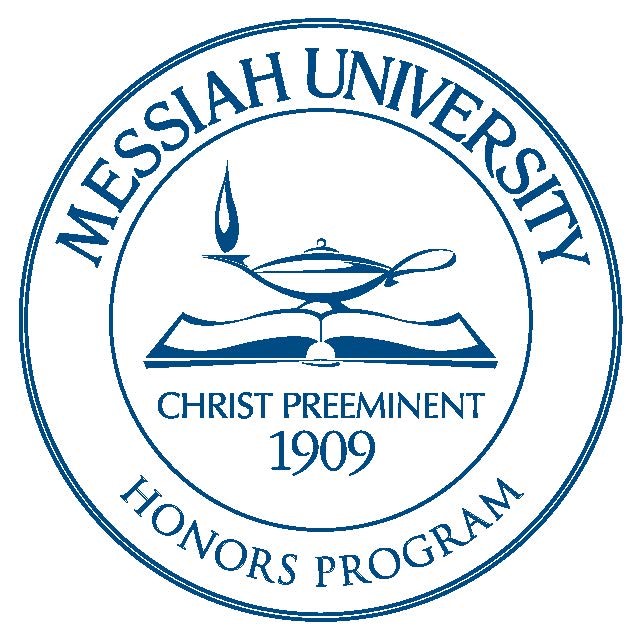Date of Award
Spring 2022
Document Type
Open Access Thesis
Degree Name
Bachelor of Science (BS)
Department
Chemistry and Biochemistry
First Advisor
Roseann Sachs
Abstract
Ionic Liquids (ILs) are an environmentally friendly alternative to organic and aqueous reaction solvents. ILs do not emit hazardous gasses, are readily recycled and reused, and often do not require an excess volume of harmful reagents and purification solvents. The IL anion’s capacity to participate in a reaction as the nucleophile source is a much less understood area of this research, and it may advance the use of ILs in organic synthesis, particularly for addition and substitution reactions. Markovnikov hydrohalogenation of alkenes is one addition reaction that is generally taught as an introduction to organic chemical reactions; however, this reaction is difficult to successfully complete in the laboratory. ILs overcome the challenges posed in those traditional methods and can be used as both a reaction solvent and halogen source to successfully complete the Markovnikov addition of H-X across a double bond. The hydrohalogenation reaction was completed over 100 times using a variety of ionic liquids including imidazolium, pyridinium, pyrrolidinium, and piperidinium cations. Products were isolated using organic extraction and analyzed with NMR and GC-MS. Bromide anion ILs were consistently successful with all substrates, iodide was most efficient under nitrogen, and chloride was successful with additional heat. Hydrohalogenation of styrene was successful in all ILs used and most successful in the imidazolium-based bromide ILs. Reactions with cyclic aliphatic substrates were less successful with lower yields. Finally, hydrohalogenation of styrene derivatives was recently investigated with moderate success after modification of reaction conditions.
Recommended Citation
Artz, Hannah and Sachs, Roseann K., "Ionic Liquids as Both Solvent and Reagent in Electrophilic Addition Reactions" (2022). Honors Projects and Presentations: Undergraduate. 421.
https://mosaic.messiah.edu/honors/421


